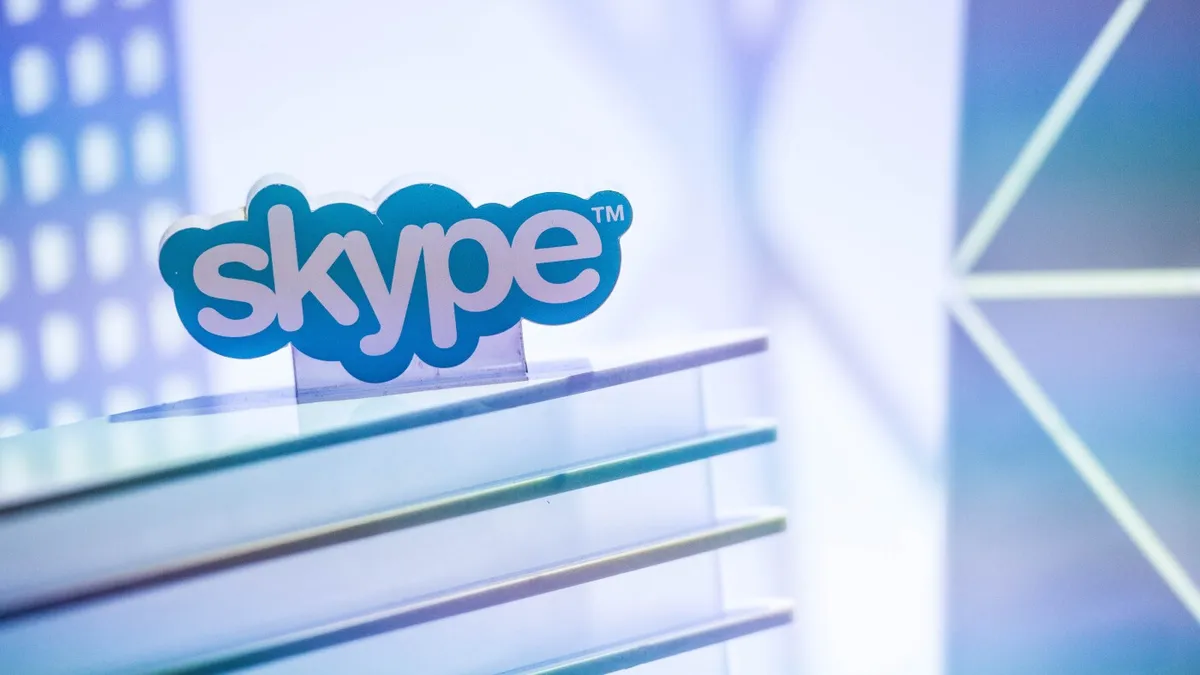
Skype, the pioneering online video calling service, is set to go offline for good after Monday, marking the end of an era that has lasted more than two decades. Owned by Microsoft, the company announced in February that the service would remain operational until May 5, urging its users to transition to the free version of Microsoft Teams, the tech giant's communication platform that offers similar video calling capabilities.
Jeff Teper, Microsoft's president of collaborative apps and platforms, expressed his sentiments in a blog post earlier this year, stating, "Skype has been an integral part of shaping modern communications and supporting countless meaningful moments, and we are honored to have been part of the journey." This statement highlights the significant role that Skype played in the evolution of digital communication.
Founded in 2003 by Niklas Zennström and Janus Friis, Skype revolutionized the way people connected by initially offering phone calls over the internet. The platform later expanded its features to include video calling and private messaging, all at no cost to users. As one of the first video conferencing apps, Skype quickly gained traction and achieved immense popularity, peaking with over 300 million users, as reported by the Washington Post.
In 2005, eBay acquired Skype for a staggering $2.6 billion. However, in a significant shift, eBay sold its controlling interest to a group of investors in 2009, who subsequently sold the video calling service to Microsoft. Despite its historical significance, Skype's user base has faced significant declines in recent years, largely due to increasing competition from alternative video calling and messaging platforms such as Zoom, WhatsApp, and Slack.
Data indicates that Skype experienced a drop from approximately 40 million users in early 2020 to just 36 million in 2023. This decline reflects the shifting landscape of digital communication and the rise of newer, more versatile applications that have captured users' attention.
As Skype bids farewell, users are encouraged to embrace Microsoft Teams as their new communication tool. With robust features that include video calling, chat, and collaboration tools, Microsoft Teams aims to fill the void left by Skype and continue to facilitate meaningful connections in both personal and professional settings.